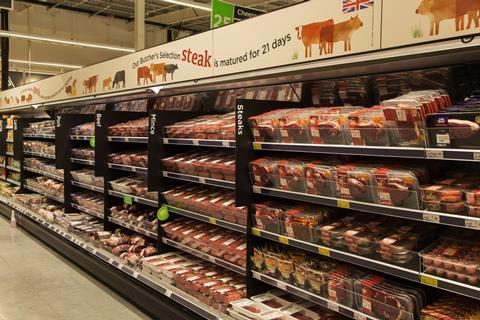
The high commodity prices that prompted Asda to drop its commitment to source 100% British beef are expected to continue “for the foreseeable future”, the National Beef Association has warned.
Asda came under fire last week after it emerged it had u-turned on a commitment – made when the Issa brothers acquired the retailer in October 2020 – to switch to 100% British beef sourcing.
The retailer, which only reached its target late last year, said the move was driven by the soaring price of British beef, which had led it to instead pursue a “blended” strategy that combined UK and (currently far cheaper) Irish beef. However, it also stressed there were “no plans” to source fresh beef from outside the UK or Ireland.
The move was met with consternation from shoppers on social media, with many threatening a boycott of the retailer (despite the fact just 50% of Asda’s fresh beef was British as recently as January 2021, according to AHDB data, with the remainder sourced from Ireland).
Asda previously faced criticism for sourcing beef mince from Poland amid panic-buying at the start of the pandemic’s first lockdown, in a bid to keep up with shopper demand.
NBA CEO Neil Shand said he was “deeply disappointed” by the move, but told The Grocer this week that the current tight supply of British beef meant high prices were expected to remain.
AHDB data shows the current GB all-prime average deadweight cattle price of 408.4p/kg for 1 January is 10.1% higher year on year, and 15.3% higher than the current five-year average.
Asda’s beef backtrack: could it be the thin edge of the supermarket sourcing wedge?
That price is also about 20% higher than average Irish beef prices, driven by strong demand for British beef via retail during the pandemic, combined with lower than usual cattle numbers on the ground, suggested AHDB’s lead analyst for livestock Duncan Wyatt.
The British beef herd is about 20,000 heads of cattle down on where it should be, due to the legacy of high calf mortality in 2018, when the UK faced both the ‘Beast from the East’ and a heatwave. Irish numbers, meanwhile, are at least 50,000 heads higher than average, which is helping keep prices down.
However, given the continuing “consumer commitment to British beef”, plus the 100% British sourcing commitments of what Shand described as the “elite six” of Aldi, Lidl, The Co-op, M&S , Waitrose and Morrisons, pressure would remain on supplies, suggested Shand.
He added it would be “interesting to see” how the move played out with shoppers and “whether it has an imact on Asda’s market share”, given how consumers had been keen to support British producers during the pandemic.
Irish prices, meanwhile, would likely rise over the coming months due to strong demand to fill the gap, he forecast, as well as soaring farm input costs.
And Australian beef would not be an attractive alternative due to even higher prices than British, he added.
“Global beef is in demand. And despite talk about [the impact of] new trade deals with Australia and New Zealand, the Australian average farmgate price was 50p/kg higher than the UK’s last week,” he said.







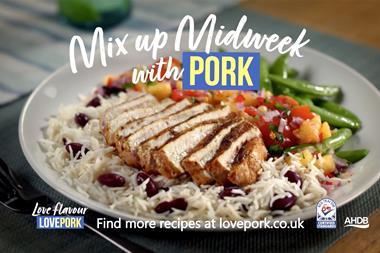
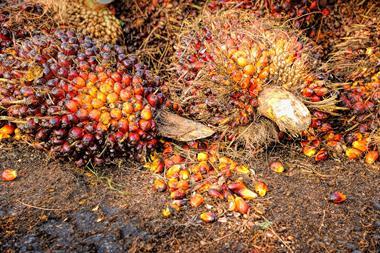
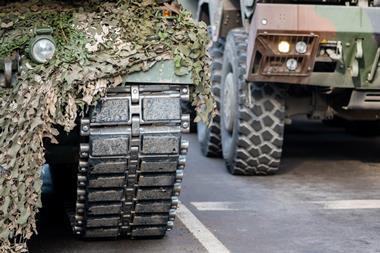
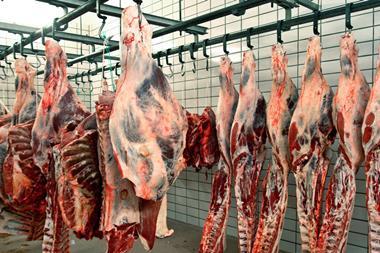
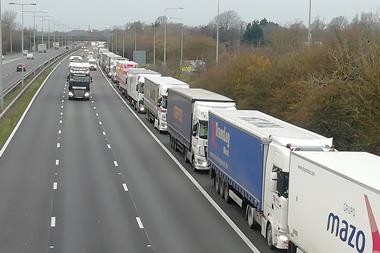
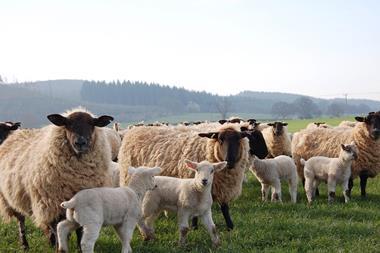
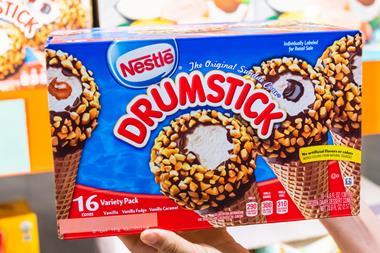
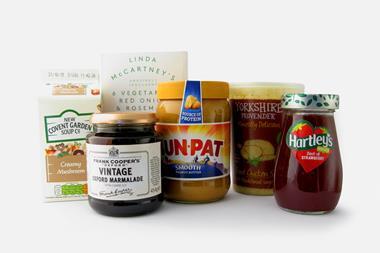




No comments yet